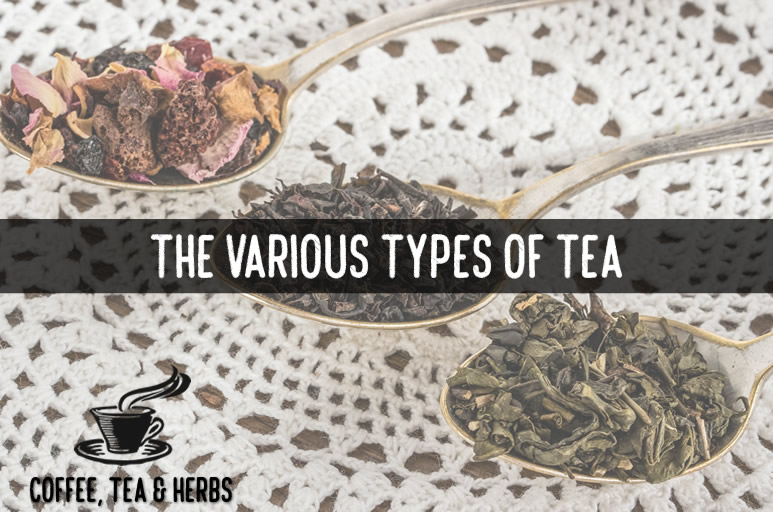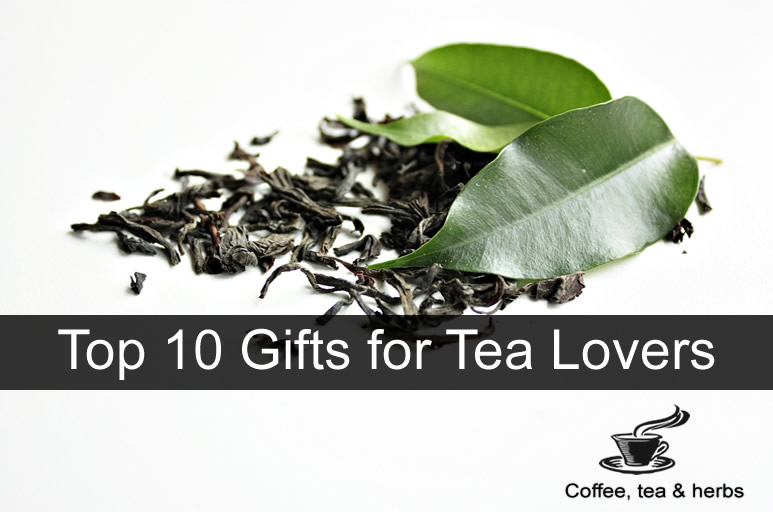Discovering wellness teas isn’t just about discovering a new flavor, or brand, but instead you are finding another way to help support wellness in your day to day life. Wellness teas leave a different depiction depending on who you ask about them. Many cases will describe the wellness teas as just simple blends, or more specifically, certain tea leaves.
When it comes to FDA approval, it has been an uphill battle for wellness teas to garnish the brand of medicinal. One claim from the FDA is that there is little to no scientific evidence to support certain claims. Others believe that it is a possible result of major pharmaceutical companies holding a monopoly over treatments and health aid. Either way, these aren’t exactly facts you want to use as a label on your packaging or promotion.
Healthy Tea
The term ‘healthy tea’ is insanely vague, leaving little to context and standards. What would one establish the definition of the term “healthy”? Though a vegan may argue that their way of life is healthy, a low-carb dieter could equally press the points that support their diet being just as healthy. This really comes down to one thing, ‘healthy’ is just a phrase that falls under the category as generic.
Though the term ‘wellness’ could be scrutinized as being just as generic, it does lessen the chances of blow back from the FDA. Which, this doesn’t mean that saying something ‘promotes wellness’ and something is ‘healthy’ is the same thing. For a narrower view of what we mean, we look at the key phrase of ‘wellness tea’. This is a phrase that is applicable to different blends of herbs & tea. As an example, is the “White Tea Wellness” by the bran Lifestyle Awareness. Their tea contains white tea, rooibos, and various herbs.
The Blend
Another example can lead us further into the discovery of wellness tea. Traditional Medicinals is renowned for their caffeine-free blends of herbal tea. They developed a new line of green tea and herbs, promoting that it is ‘green tea’, but with ‘ added wellness benefits of herbs’. The narrow focus on this term usage was likely crafted to cover the fact that the mixture of tea and herbs can hardly be called tea, nor tisane. Though Camelia Sinensis is still referred to as tea, it should still be considered a tisane or infusion as it is steeping herbs.
From this, companies had to decide on an easy way to convey the product as neither simply herbs or just tea. The settled term was ‘wellness tea’ which apparently emphasizes the blend.
The Break Down
With the examples above, we find more than just herbs and tea mixed together, but we find an opening for health-promoting benefits from the blends. Wellness teas do leave a hint of health-promotion with their beverages, but different teas promote different benefits. Whereas some teas promote physical health, fighting bugs or congestion, others are also believed to help spiritually and mentally when brewed and consumed. Kind of leaves you wondering who should drink these wellness teas, but there aren’t any downsides to trying them.
We hope you enjoyed our discovery of wellness teas, and we want to know what you think about them. Do you believe that health promoting benefits can be found in the mixture of herbs and tea? If so, what is your favorite type of wellness tea?



